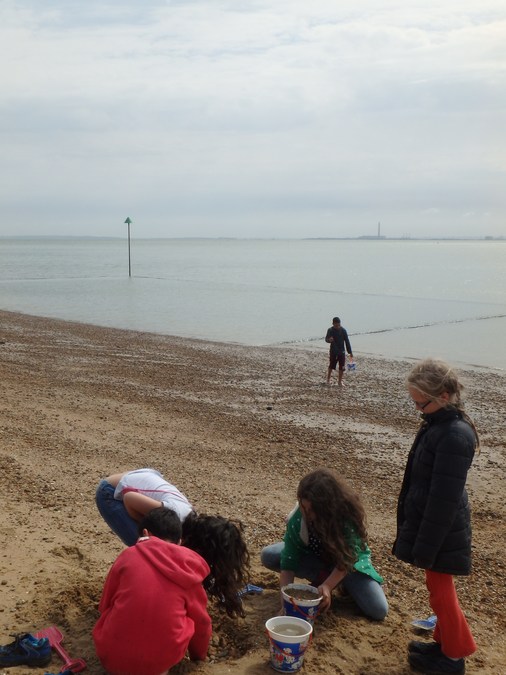Intent
Our aim is to encourage and inspire children through positive outdoor experiences. Children will have the opportunity to learn about the natural environment, they will learn how to take and manage risks, to use their own initiative to solve problems and co-operate with others.
The children will use full sized tools, understand fire craft play, learn boundaries of behaviour; both physical and social, establish and grow in confidence, self-esteem and become self-motivated.
Direct experience outdoors is powerful, motivating and has impact and credibility. The results from outdoor learning can be instantaneous as well as active and therefore impact on behaviour as well as tapping into different learning styles. Cross curricular aspects will be explored where possible in the outdoors, using concrete and practical examples.
Implementation
Outdoor Learning is an umbrella term that stretches across a broad range of activities and learning opportunities outside including forest schools.. In EYFS, a constant outdoor provision is expected and outdoor planning is an integral part of the learning every day.
Children have activities set up both inside and outside the classroom
There is an expectation that children should have access to the outdoors as much as possible, in some form from Nursery to Year 6. Outdoor learning may be included within other lessons, cross curricular or a lesson in its own right.
Westborough acknowledges that children need to be outside and that they benefit from the opportunity to learn and play outdoors. Many of our best childhood memories are formed around activities outside.
The space that the outdoors offers means that everything can be bigger! It can also be messier outside so art projects and science experiments can be enjoyed on a much larger scale. Being outdoors allows children to be far more active. Being outside increases the use of language as talk is encouraged and often essential. As formality relaxes, working alongside each other in the open, moving physically and mentally, relationships often flourish. Self-esteem and self -confidence are often frequently evident in children who struggle within a classroom setting.
The children learn skills and have practical experiences in both cross curricular and outdoor learning education. Teaching is flexible and staff can work in a collaborative way with the outdoor education instructor.
Time away on residential camps gives children the opportunity to explore and test themselves in a different environment, taking physical and personal risks and building stronger relationships. They come tired, filthy and exhilarated!
Impact
Children empowered to take ownership of their learning, allowing their minds and bodies to thrive.
Children encouraged to develop the skills to solve problems, developing resilient and be reflective learners.
Children to have learnt and developed skill specific activities involving tools and bushcraft.
Children to have developed skills of communication, cooperation and collaborative learning.
Children can take and manage risks in a challenging, but safe and secure environment.
Children to have increased awareness of environment and are more able to recognise and appreciate the living and natural world around them.
‘Being outside, in a classroom with no walls and no roof, children can explore, be more spontaneous, experiment and set self-imposed goals. They can take essential risks and approach open-ended challenges, problem solve and apply their knowledge. Being outside is shown to engage and motivate children, to help them form a deeper understanding of concepts and reach higher order thinking. Active learning readily develops the learning skills of enquiry, experiment, feedback, reflection, review, communication, problem solving, an enterprising attitude and cooperative learning – to name only some of the benefits.’
- Lotc manifesto







